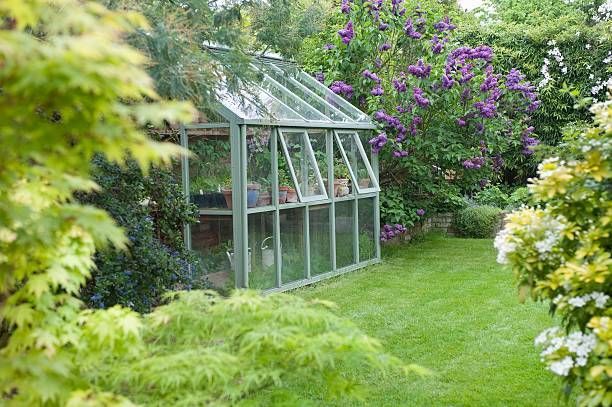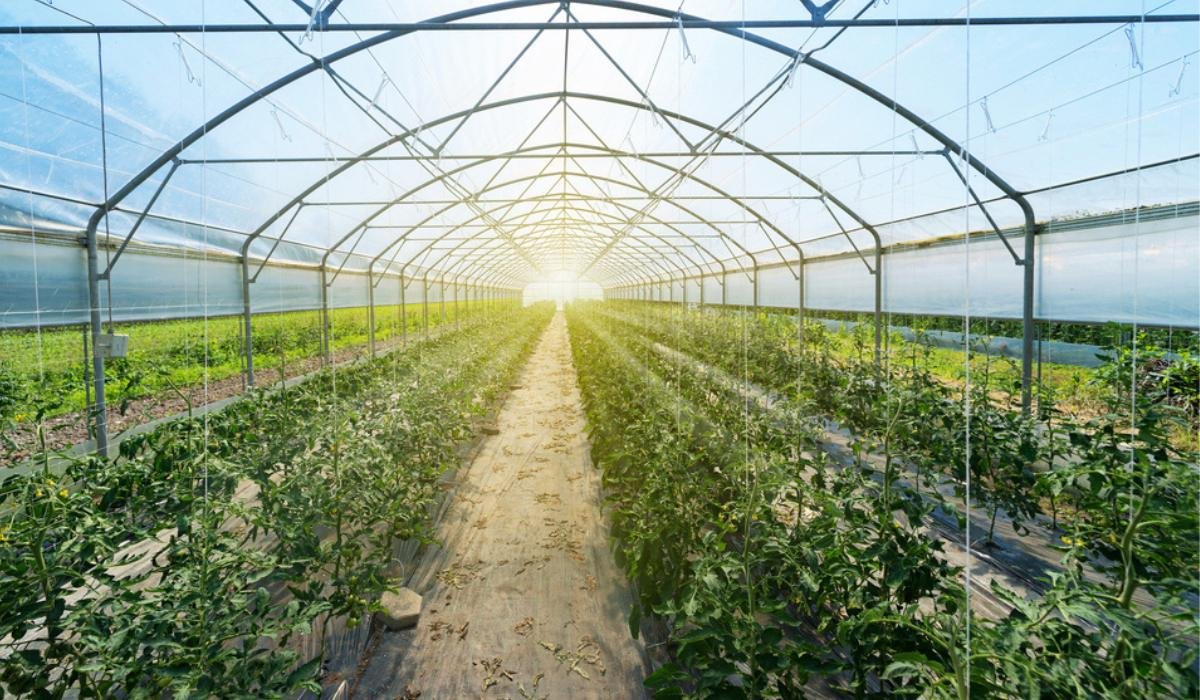Structure Desires, Growing Eco-friendly: Monarch Greenhouse Builder Utah at Your Solution
Wiki Article
Greenhouse Farming: Taking Full Advantage Of Plant Yields and Sustainability
Are you looking to optimize your crop returns while promoting sustainability? Look no even more than greenhouse farming. With controlled atmospheres and reduced water usage, greenhouse farming supplies the best option for year-round production of fresh fruit and vegetables. By harnessing the power of innovation and sustainable methods, you can ensure a bountiful harvest while lessening your ecological influence. Discover the advantages of greenhouse farming and start profiting today!Benefits of Greenhouse Farming
Are you questioning what makes greenhouse farming so advantageous? Well, let me inform you! Among the significant advantages of greenhouse farming is the ability to regulate the setting in which crops are grown. With a greenhouse, you can control elements like light, humidity, and temperature to optimize plant growth. This means that you can expand crops throughout the year, despite the weather condition problems outside.One more benefit of greenhouse farming is the reduction in water usage. Greenhouses are designed to be water-efficient, with systems that recycle and capture water, decreasing wastefulness. This is specifically essential in locations where water scarcity is a concern. By using water much more successfully, greenhouse farming helps to save this priceless resource.
Furthermore, greenhouse farming permits much better insect and condition monitoring. With the regulated atmosphere, it is less complicated to manage the spread and prevent of conditions and pests. This minimizes the demand for unsafe chemicals, making greenhouse-grown crops much safer and much more eco-friendly.
Furthermore, greenhouse farming provides defense against extreme weather condition occasions. Crops expanded in greenhouses are secured from hefty rainfall, strong winds, and hailstorms, which can damage or destroy outdoor crops. Monarch Residential Greenhouse Utah. This security guarantees a more reputable and steady crop yield, even throughout unpredictable weather problems

Optimizing Crop Returns With Controlled Atmospheres
To make best use of crop yields in greenhouse farming, you can attain optimum results by controlling the atmosphere. One of the vital benefits of greenhouse farming is the capacity to regulate these environmental factors, enabling you to tailor them to the certain demands of each plant. By implementing these managed settings, you can make the most of plant returns and achieve constant, top quality fruit and vegetables throughout the year.Promoting Sustainability With Greenhouse Farming
Optimize sustainability in greenhouse farming by applying reliable resource monitoring methods. One crucial aspect of advertising sustainability is the administration of water use. By carrying out systems such as drip watering and recirculation, you can substantially minimize water waste and ensure that every drop matters. In addition, using natural and naturally degradable materials for insect control and fertilizing can help minimize environmental effect. Integrated Bug Management (IPM) methods, for instance, involve the usage of useful insects to regulate insects, reducing the demand for unsafe chemicals. In addition, power usage can be reduced by utilizing renewable energy resources, such as photovoltaic panels, to power greenhouse operations. This not just lowers dependence on fossil fuels however likewise reduces greenhouse gas emissions. Proper waste administration is another essential aspect in advertising sustainability. Carrying out recycling and composting systems can reduce the amount of waste sent out to land fills while also supplying nutrient-rich garden compost for plant development. Lastly, including sustainable techniques in greenhouse layout, such as utilizing energy-efficient materials and maximizing natural illumination, can additionally improve sustainability. By adopting these resource monitoring reference strategies, you can add to a much more sustainable future in greenhouse farming.Reducing Water Use in Greenhouse Farming
By click for info executing effective water monitoring techniques, you can significantly minimize water use in greenhouse farming. Water is a crucial source in agriculture, and preserving it not only benefits the setting but likewise helps to optimize plant yields and productivity. One reliable approach to minimize water use is with making use of drip irrigation systems. These systems deliver water directly to the plant's roots, decreasing evaporation and guaranteeing that every decline is made use of efficiently. Furthermore, surveillance and managing the moisture levels inside the greenhouse can protect against unneeded water loss. By utilizing sensors and automated systems, you can adjust the ventilation and watering as necessary, enhancing water usage based on the particular requirements of your crops. Another approach is to reuse and catch rainwater. Accumulating rainwater from the greenhouse roof and keeping it in containers permits you to supplement your irrigation needs without counting entirely on freshwater sources. Executing mulching techniques can help keep dirt moisture, decreasing the regularity of irrigation. Mulch work as an obstacle, protecting against water dissipation and maintaining the dirt cool and moist. By taking on these water-saving practices, you can minimize water waste, horsetail grass save sources, and create an extra lasting future for greenhouse farming.Year-Round Manufacturing of Fresh Produce in Greenhouses
Greenhouses supply a controlled atmosphere that allows you to expand crops no matter of the external climate problems. Greenhouses can be outfitted with heating and cooling down systems to maintain ideal temperatures for different crops. By implementing these techniques, you can maximize the productivity of your greenhouse and enjoy a constant supply of fresh produce all year long.
Final Thought
In conclusion, greenhouse farming offers various benefits for maximizing plant yields and advertising sustainability. By utilizing regulated settings, farmers can maximize expanding conditions and increase productivity. Furthermore, greenhouse farming permits lowered water usage, making it an eco-friendly choice. Moreover, the ability to produce fresh fruit and vegetables year-round in greenhouses makes certain a steady supply of nourishing food. Overall, greenhouse farming is a lasting and reliable technique for meeting the demands of an expanding populace while lessening ecological influence.One of the significant advantages of greenhouse farming is the ability to manage the setting in which plants are expanded.To maximize crop returns in greenhouse farming, you can achieve optimal results by managing the setting. One of the crucial advantages of greenhouse farming is the capacity to regulate these environmental elements, enabling you to customize them to the particular requirements of each crop.By applying reliable water management techniques, you can significantly reduce water usage in greenhouse farming.In final thought, greenhouse farming offers countless advantages for maximizing crop returns and advertising sustainability.
Report this wiki page